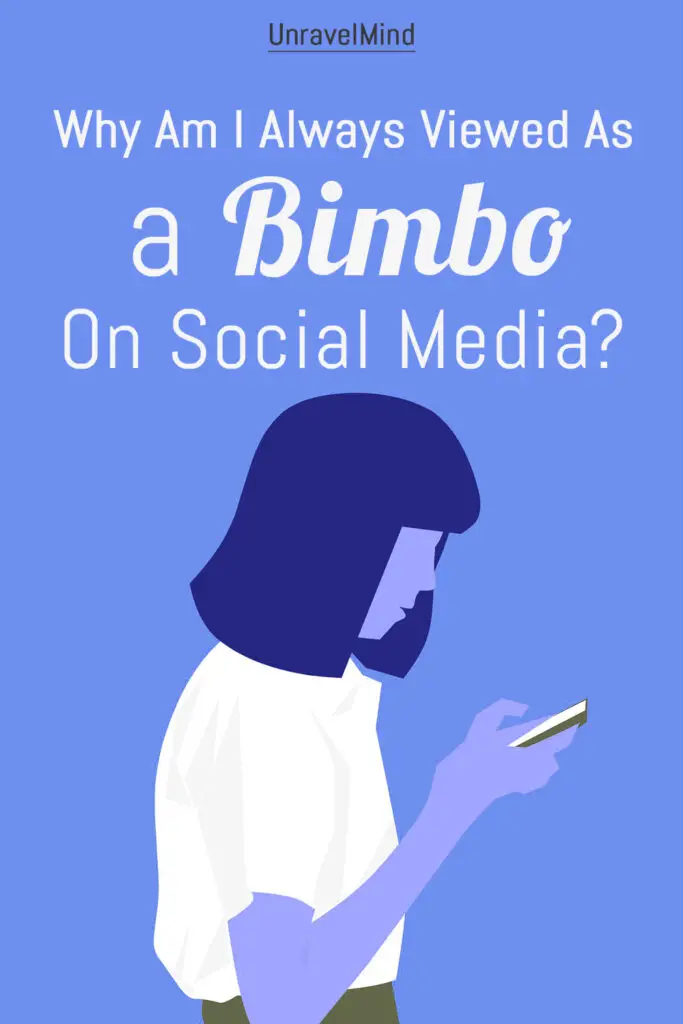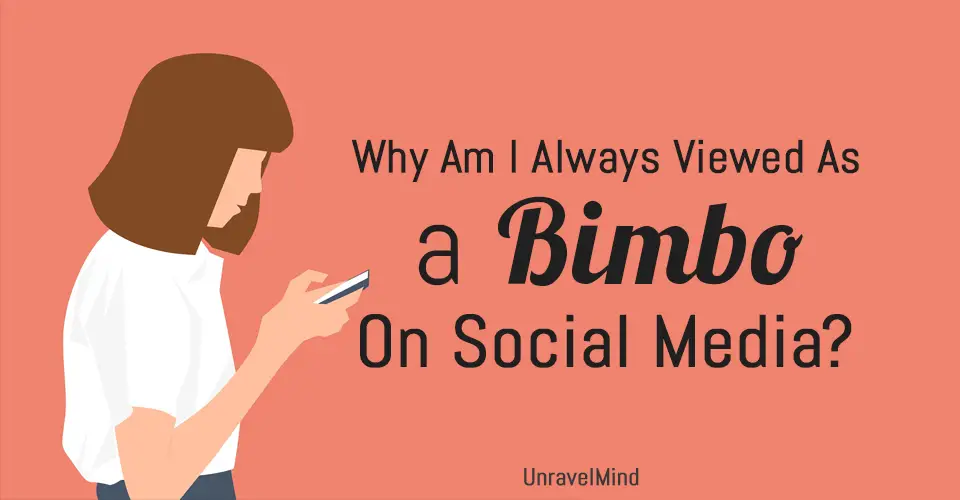In modern times the only few things that sell are beauty, fame, and richness. You could be either of these three and rule the world. At least, that is how the system has conditioned us to believe. But this illusion is far from the truth and by now umpteen online motivational speakers, life coaches have made this idea come across very clearly to us. But who is listening?
The opportunistic capitalists make use of our need for perfectionism to their benefit. We are constantly being manipulated by the system to preserve the concept of an idealistic self, which again is unachievable and fanciful. The moment we view our ideal self as the destination we need to reach by all means is when we start to distort our reality. This constant compulsion to compare our ‘real self’ with the ‘self we wish we were’ puts us into a mental trap of undermining our real capacities and our uniqueness.
One core factor that influences our self-concept is our appearance. External appearance is of utmost importance to create a positive impression on others and to build meaningful connections. Looking good is subjective to oneself and others but one common aspect of looking good is to be judged favorably by someone. Not to forget that dressing up, looking our best is not only associated with building a social identity and be desired by others but also to feel good about ourselves.
People are very quick to judge and often the first impressions we create of others, positive or negative, are based on their appearances. This impression will almost always change as one interacts at a deeper level but your appearance creates a particular image of yours in other people’s minds. Social media is one such place where an individual is judged mostly on the surface level. This happens because we do not personally know these individuals. People on social media also tend to create an identity for themselves by using their self-portrait as a unique recognizing feature, exposing them to being bullied, shamed, criticized, and harassed for their image.
The cost of good looks
In this technologically advanced era, our image on social media greatly influences our real image. Sad to say, objectifying women online comes easily for men. The lack of need to take accountability for one’s actions gives them the audacity to spread vile on social media. Seemingly flattering comments online might subtly intrude the comfort zones of an individual, with or without the knowledge of the commenter. Some women find amusement in being tagged and viewed as ‘sexy’, ‘hot’, and a ‘bombshell’ by others, especially men. Whether calling a woman a ‘bombshell’, ‘hot thing’ sublimely perpetuates misogyny as it reduces a woman to merely an object lacking virtues other than being sensual or not is still heatedly debated. To some women, these nomenclatures are extremely flattering; it gives them a kick to know that they are desirable to men. To others, it simply is disregarding and disrespectful. It is very crucial to mention here that none of these mental sets is wrong. It’s simply two separate ways of viewing something. Girl, it’s not a sin to feel hot.
The main purpose of this article is to address the concerns of women who find it exceedingly uncomfortable to constantly come across men, publicly and on social platforms, who view them as objects existing to satisfy their carnal needs. Their concern includes getting sexualized comments on posts, receiving requests to engage in sexual activities, receiving unsolicited graphic sexual content in messengers to failing to create a wholesome public image.
It’s a very common concern on social media for women to get lesser reaches on posts without a human face or body, which pushes most of the influencers, public figures, and others to post sexualized (in our mind) pictures of their body parts, as these posts get greatly popular. It’s a very personal choice of the individual as to what content one wants to post on social media and what objective one has behind the posts. But good intentions often get twisted by others and it’s their degraded outlook that changes the entire scenario. A body positivity activist might post neutral pictures of one’s body parts but those might trigger our internalized need to objectify women so we end up viewing those posts sexually. Some men who do not receive the genuine message behind the posts start viewing the individual as ‘available’, ‘gullible’, as someone who entertains men’s whimsies, and someone who can be sexually exploited. These men begin to feel entitled all of sudden and start making indecent approaches to such women. Unsurprisingly, these women are not at fault. It is our crooked perception that makes us create a wrong idea about an individual by merely judging his/her social image.
An Instagram feed filled with pictures of cleavage, booty, legs isn’t a reflection of a woman’s fallen modesty; instead how we sexualize these is a reflection of the murkiness of our thoughts. It is us who have learned to associate flamboyant women with a lack of intelligence and frivolity. It’s hardly acceptable how women who love to use makeup and love dressing up is still viewed as superficial.
Here are some tips that will help you create a wholesome public image through social media:
1. Portray the side of yours which people have very little access to. Create posts that reflect your daily lifestyle, your personality, your talents, and your opinions. Let others know the real person beyond the face. Balance out posts that include you and posts that include nature and objects other than you.
2. Write elaborative, creative, and relatable captions that clearly describe the contents of your post. Make them lucid so that they easily send the desired message across to others.
3. Include emotional expressions in your post. Write about inspiring experiences that changed you as a person. Such posts help foster an emotional connection with the mass and serve as a reminder that you are not merely an image on social media but a person with thoughts and feelings.
4. Find out innovative ways to deal with such creeps. Call them out publicly through posts where you explicitly express your thoughts on such issues. Raise your voice against such lechers.
Read More : Tips To Deal With People’s Judgment After Suffering From Any Acute illness.
Pin it


